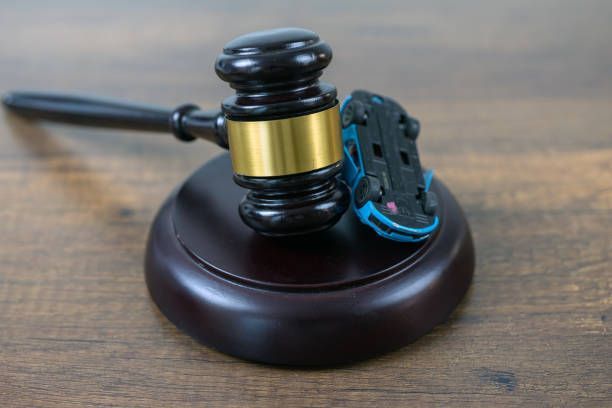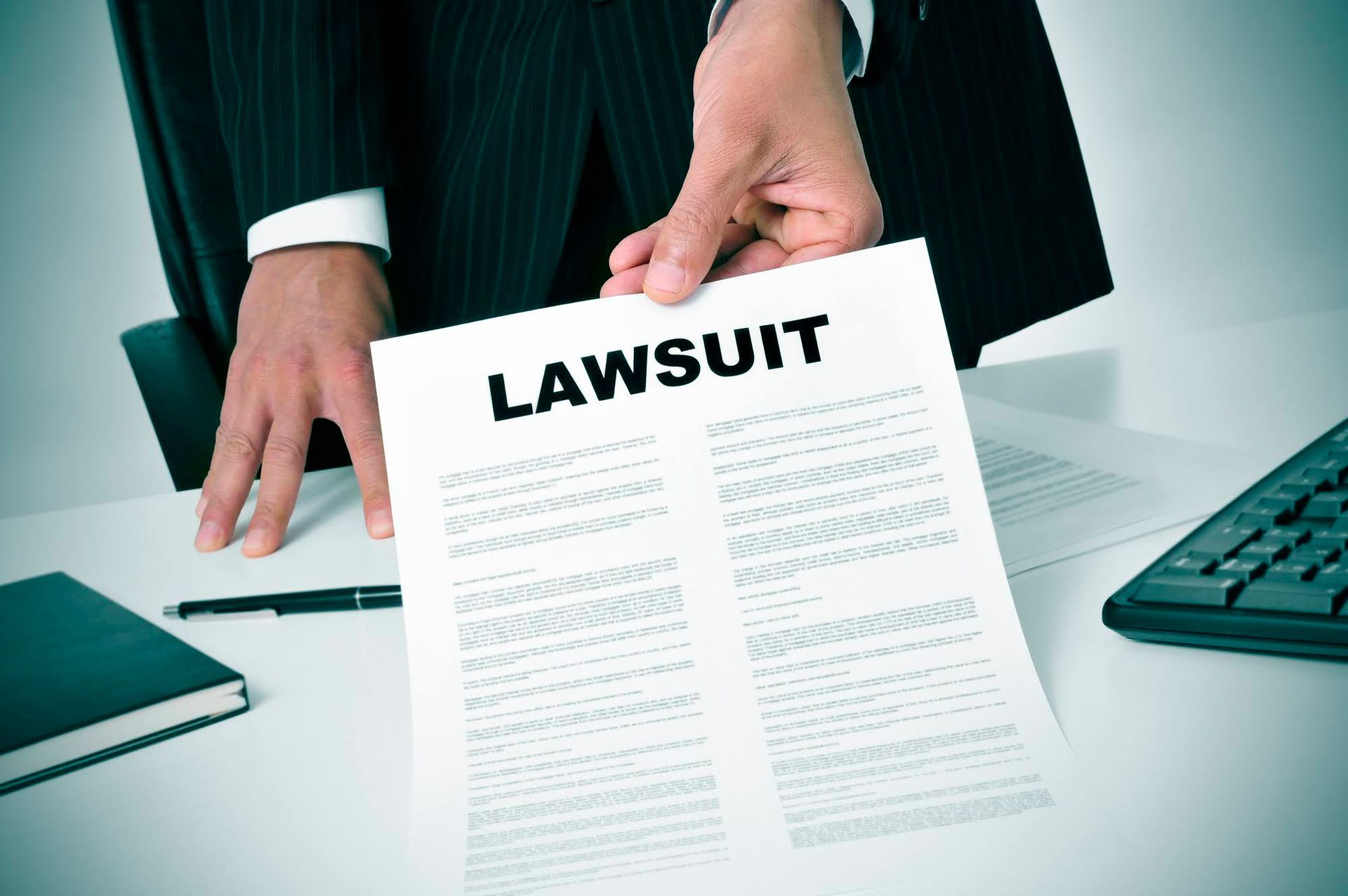Five Reasons to Create a Will

When people do not leave a final will and testament, problems often arise when they pass on. Family members may disagree with others’ interests in the estate’s assets, ownership of money and properties can be disputed, and there end up being a struggle to pay off accumulated debt. When the time comes, you want to have left a will behind for your family so these problems are not as likely to arise. Here are five reasons to create a will:
1. Name Who Receives Your Belongings and Property
One reason people make a will is to designate who receives their properties when they pass on. Writing a will allows you to divide everything you own between your designated heirs. You can give everything you own to one or more parties, or even list the people who are not to receive anything from your estate. Your state government will decide who will receive your belongings if you do not list anyone in your will. However, letting the government split your properties can cause strife among family members that are not happy with their inheritance.
2. Name a Caretaker for Your Children
If you have children or other dependents who cannot take care of themselves, you can list people you trust to care for them. A family member, close friend, or another person can serve as the caretaker of such individuals. You can further name the assigned caretaker to be able to be in charge of providing and caring for your such dependents until they reach the legal age or capacity to take care of themselves. If a will does not state who the caretaker is, the alternative may be that the government has the option to choose someone.
3. Name a Caretaker for Your Pets
If you have a pet, you should list someone who can take care of them when you are gone. You cannot leave assets for your pet, but you can leave funds for the caretaker to use for your pet.
4. List an Executor for Your Will
An executor is a person who follows the listed wishes of your will when you move on. An executor also takes care of any property and other estate assets that you leave behind. Some tasks of an executor may include the following:
- Manage the monetary affairs of your estate
- Sell leftover property
- Get a copy of your will and file it in the Probate Court
- Distribute the contents of your testament to friends and family
- Obtain copies of your death certificate
- Inform banks, government agencies, and credit card companies of your passing
- Create bank accounts to handle bills and ongoing payments
- Maintain appropriate communication with the County Clerk and the beneficiaries
The job of an executor is no easy task, so you want to choose someone who can carry out your wishes. If you do not list an executor, anyone, or even the government, may end up being appointed or designated.
5. Provide Burial Instructions
Finally, a will serves as a list of instructions for how your family should arrange for your final rest. You can leave the information concerning the location of your burial or other remains, how you want your family to bury you, and last requests for your family to follow. Leaving burial instructions does not guarantee that your family will comply with your wishes, but they can serve as guidelines for your family members when the time comes.
To conclude, putting a will together can be a daunting task, but it doesn’t have to be if you seek out the proper legal assistance. You may choose to list lots of information and have to get plenty of records in order. So, if you are thinking of making a will to leave things in a certain way that they will continue to be enjoyed into the future, consult an experienced lawyer that will see that your final will is made legal and handle all foreseeable problems that can arise without it. Contact us to schedule a consultation today.








